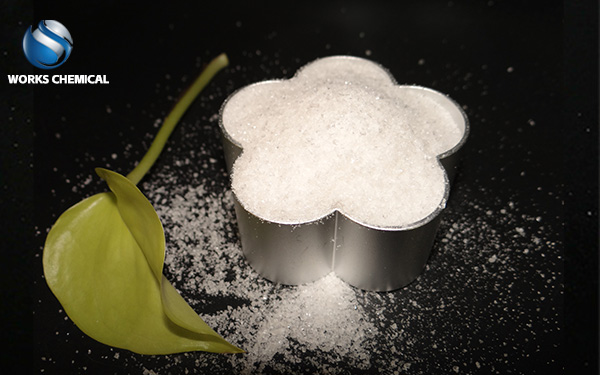
Sludge conditioner, as an important chemical in the field of sludge treatment, specializes in solving the problems in the sludge treatment process, which is reflected in the following aspects:

1. Improve sludge dewatering efficiency
Sludge conditioner improves the dewatering efficiency of sludge mainly by changing the physical and chemical properties of sludge. Its mechanisms include:
Neutralizing charge: the cation and anion in the sludge conditioner neutralize the charge on the surface of the sludge particles, eliminate the electrostatic repulsion between the sludge particles, and promote the accumulation and flocculation of the sludge particles.
Bridging action: The polymer in the sludge conditioner can form a bridging structure with multiple sludge particles, which promotes the agglomeration of particles and forms a large floc, thereby reducing the viscosity and improving the settling rate.
Change the sludge structure: the sludge conditioner can change the distribution of water molecules in the sludge, increase the permeability of the sludge, and facilitate the rapid discharge of water.
These mechanisms work together to make the sludge more effectively separate water in the dehydration process, reduce the water content of the sludge, and reduce the volume of the sludge.
Two, reduce the cost of sludge treatment
By improving the dewatering efficiency of the sludge, the sludge conditioner can significantly reduce the energy consumption and material consumption in the sludge treatment process, thereby reducing the overall treatment cost. At the same time, the reduction of sludge volume after dehydration also reduces the cost of subsequent disposal (such as transportation, landfill, incineration, etc.).
Three, improve sludge stability
The sludge conditioner can also improve the stability of the sludge and prevent secondary pollution during the storage and disposal of the sludge. Some ingredients in the conditioner can promote the decomposition and transformation of organic matter in the sludge, and reduce the biological activity and toxicity of the sludge.
Iv. Promoting the utilization of resources
The physical and chemical properties of the sludge treated by the sludge conditioner are improved, and it is easier to be used as resources. For example, the dehydrated sludge can be used as fertilizer, soil amendment or energy raw material, etc., to achieve the recycling of sludge.
Five, widely used
Sludge conditioner is widely used in various sludge treatment processes, including but not limited to municipal sewage treatment plant sludge treatment, industrial sludge treatment (such as petroleum, chemical, pharmaceutical, paper and other industries), agricultural and garden waste treatment (such as livestock and poultry breeding, orchards, etc.) and mine sludge treatment (such as mine tailings, washing sludge, etc.).
Six, selection and application suggestions
When selecting and using sludge conditioner, it is necessary to consider many factors such as the nature of sludge, treatment process, performance and cost of the conditioner. Small field trials are usually recommended to evaluate the effects of different conditioners in order to select the best product. At the same time, optimizing the dosage and cooperating with efficient dehydration equipment are also the key to achieving the best dehydration effect.
In summary, through its unique chemical composition and synergistic mechanism, the sludge conditioner can professionally solve the problems in the sludge treatment process, improve the dehydration efficiency, reduce the treatment cost, improve the stability of the sludge and promote the utilization of resources. With the continuous progress of technology and the deepening of application, sludge conditioner will play an increasingly important role in the field of environmental protection.